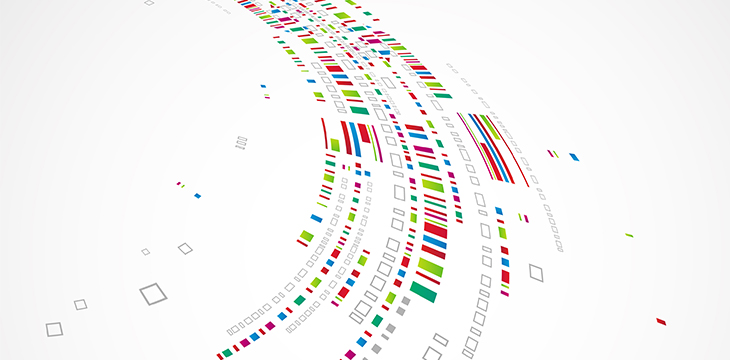|
Getting your Trinity Audio player ready...
|
With the Internet of Things (IoT) expected to increase the connectivity of the devices that we interact with today, the U.S. Federal Communications Commission (FCC) is now interested in tracking and monitoring these devices with the help of blockchain, Computer World reported.
Specifically, the commission reportedly wants a track-and-trace technology for wireless spectrums that is “open-source, distributed and secure.” In short, blockchain technology.
This, according to the government agency, is a way to revamp the current “clunky” licensing system that is slower and more expensive than a blockchain-based database would be. There is a limited amount licenses for wireless spectrums currently, and they are auctioned off one by one in a laborious process. Recently, the FCC auctioned licenses for the 28GHz spectrum for 5G networks in the United States—a time consuming and complex process that cost the government agency millions of dollars.
FCC Commissioner Jessica Rosenworcel elaborated about how some order or regulation was required for the growing sector, stating:
“If you think about a world of the Internet of Things with 50 billion devices and wireless functionalities and input to all of them, we should figure out how we can have a real-time market for those spectrum inputs instead of this clunky system we have today with these exclusive-use licenses.”
According to Cisco, the number of devices that will be utilizing IoT will exceed 50 billion by 2020, which means that there will be several IoT-connected devices for every human being on Earth. A blockchain database can not only help gain some insight into how these devices are being used, but also provide clarity on how to proceed on a technological level, based on further study of frequencies and functionality. Rosenworcel also believes that this kind of technology can not only help the FCC, but the world in general. She added: “The power of making those airways work for connectivity is something that can change economies, it can change agriculture, it can change healthcare.”
The FCC has described its exploration into blockchain as “thought exercises,” but Rosenworcel admits that the agency has already held discussions with both Silicon Valley executives as well as lawmakers. Rosenworcel also recognizes that this is not something that can be accomplished immediately, and is thinking about how to transition from conventional databases to a blockchain-based database within the next five to 10 years.

 02-24-2026
02-24-2026 




